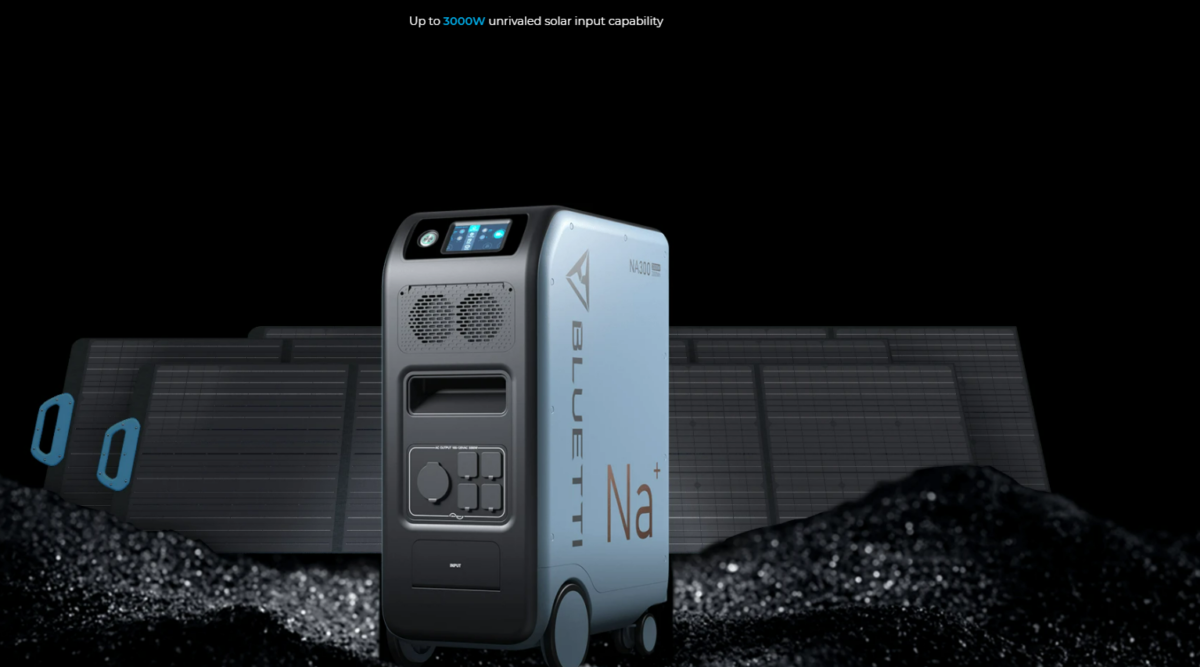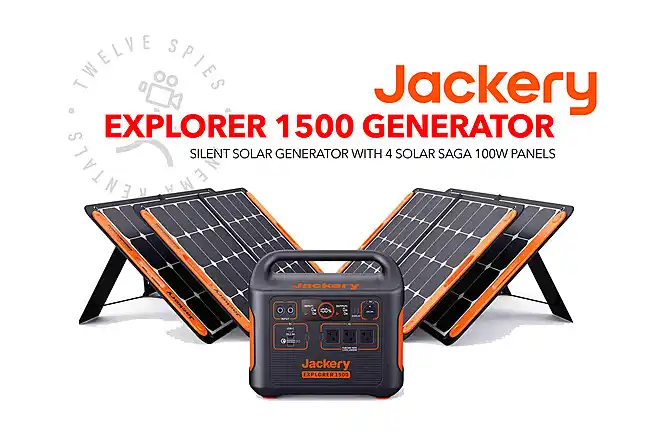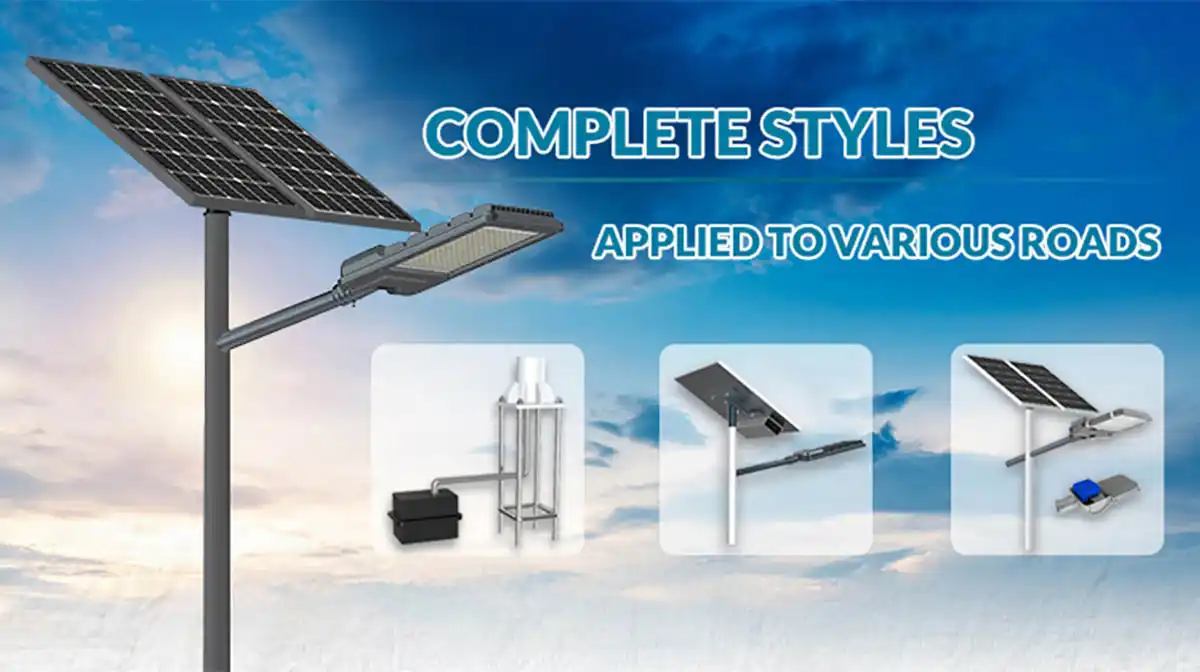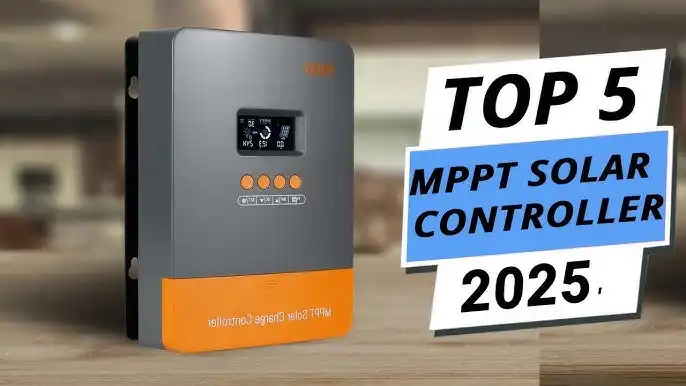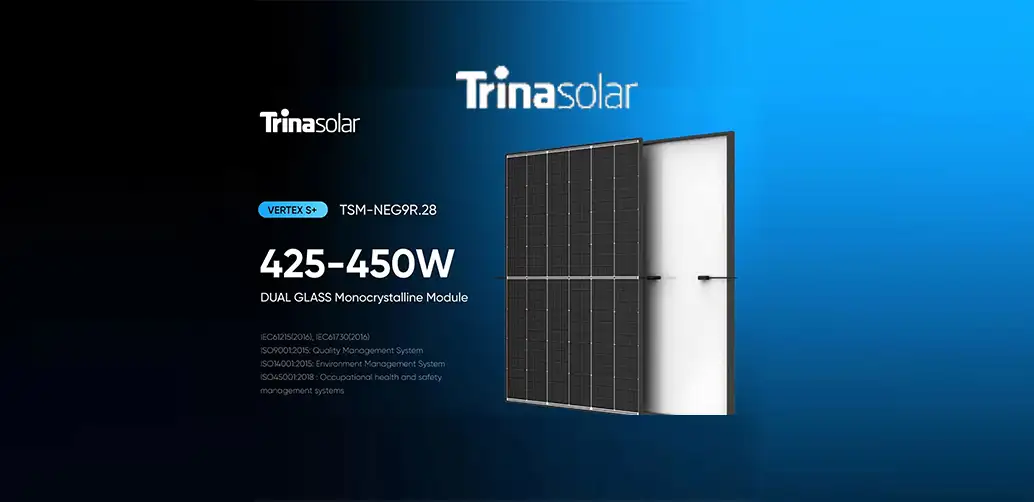Bluetti Solar Generator
Best Bluetti Power Stations for Camping, Emergencies & Backup Among the premium options available globally is the Bluetti Solar Generator—a high-capacity, intelligent, and expandable solar power system built for both residential and commercial use. Unlike typical petrol generators, Bluetti systems are silent, emission-free, and maintenance-free, making them a popular choice for homes, hospitals, offices, mobile businesses, and even off-grid farms in Nigeria. In this detailed 2025 guide, we’ll explore Bluetti solar generator prices in Nigeria, available models, technical features, real-world use cases, comparisons with Jackery and EcoFlow, and how to buy genuine Bluetti systems locally. What Is a Bluetti Solar Generator? A Bluetti solar generator is a high-capacity portable power station paired with solar charging capability. It stores solar energy in a built-in LiFePO₄ (lithium iron phosphate) battery and delivers clean AC and DC power through multiple output ports. These units are known for: Bluetti power stations are designed to handle everything from mobile phone charging to running a deep freezer, electric drill, or 1.5HP AC. Bluetti Solar Generator Prices in Nigeria (2025) Model Capacity AC Output Price Range (₦) Best For EB3A 268Wh 600W ₦250,000 – ₦300,000 Phone, laptop, router EB70S 716Wh 1000W ₦400,000 – ₦480,000 Fan, TV, light, mini freezer AC200MAX 2048Wh 2200W ₦950,000 – ₦1,200,000 Fridge, microwave, power tools AC300 + B300 3072Wh+ 3000W ₦1.4M – ₦2.2M AC units, boreholes, full home EP500 Pro 5100Wh 3000W ₦2.5M – ₦3.5M Hospitals, estates, solar farms Prices vary depending on importation, dealer, and panel bundle. Visit SolarEnergySupplyStores.com for accurate pricing. Looking to compare more solar generator brands options? Read our guide on the solar Generator price in Nigeria to explore the prices of top-performing solar generator brands. Spotlight: Bluetti AC200MAX – The Sweet Spot for Nigerian Homes The Bluetti AC200MAX is a powerful and versatile solar generator perfect for Nigerian households that need a stable backup without over-investing in industrial systems. 🔋 Key Specs: 🔌 Ports: 🔎 Performance in Nigerian Homes: Appliance Power (W) Runtime (Estimate) LED TV + fan 150W 12–14 hours Standing fridge 150W 11–12 hours Laptop + lights 100W 16–18 hours DSTV, modem, bulbs 80W 20–24 hours With solar input, you can keep this unit running indefinitely in sunny states like Lagos, Enugu, Kano, or Jos. Features of Other Bluetti Models Bluetti EB3A (268Wh / 600W) Bluetti EB70S (716Wh / 1000W) Bluetti AC300 + B300 (3000W / expandable to 12kWh) Bluetti EP500 Pro (5100Wh / 3000W) Real-World Performance in Nigerian Conditions ✅ Heat Tolerance ✅ Power for Rural/Off-Grid Areas ✅ Noise-Free Power ✅ Ideal for Smart Estates and Small Offices Bluetti vs Jackery vs EcoFlow: Detailed Comparison Feature Bluetti Jackery EcoFlow Battery Type LiFePO₄ (3,500+ cycles) NMC (800+ cycles) NMC / LiFePO₄ (varies) Max Output 3000W 2200W 3600W (Delta Pro) Expandable Battery ✅ Yes ❌ No ✅ Yes App Control ✅ Yes (Bluetooth/WiFi) ❌ Limited ✅ Yes UPS Backup ✅ Instant ❌ No ✅ Yes Price Range in Nigeria ₦250K – ₦3.5M ₦190K – ₦1.2M ₦250K – ₦2.5M Ideal For Homes, farms, businesses Travel, home backup Smart homes, tech setups Verdict: For Nigerians needing long-term backup, Bluetti is better for battery lifespan, power handling, and expandability. Charging Options and Time Model AC Charging Time Solar Charging Time (Optimal) EB3A 1.5 hours 2.5 – 3 hours (200W) EB70S 3–4 hours 4–5 hours (200W) AC200MAX 3 hours 3.5 – 5 hours (900W) AC300+B300 2.5 – 4 hours 3 – 5 hours (up to 2400W) EP500 Pro 4.5 hours 5 – 6 hours (up to 2400W) Dual input (AC + Solar) shortens the recharge window drastically. Installation and Use in Nigeria Installation: Use Cases: Where to Buy Bluetti in Nigeria Always ask for: Final Thoughts Bluetti solar generators are ideal for Nigerians looking for a dependable, expandable, and intelligent energy system—one that doesn’t rely on fuel or a noisy engine. From the powerful AC200MAX for homes to the professional-grade EP500 Pro for entire buildings, Bluetti has something for every budget and scenario. Compared to other brands like Jackery and EcoFlow, Bluetti stands out for its long battery life, smart features, and ability to support high-wattage appliances. It’s not the cheapest option—but for serious solar users, it’s one of the best. Ready to buy? Visit SolarEnergySupplyStores.com to view models, compare specs, and request a quote. FAQs About Bluetti Solar Generator in Nigeria Q: Can Bluetti power a 1.5HP AC?✅ Yes. AC200MAX and AC300+B300 can run a 1.5HP AC for 3–8 hours depending on solar input. Q: Is Bluetti good for heat and humidity?✅ Yes. It uses LiFePO₄ batteries, which are thermally stable and safe in high temperatures. Q: How long does Bluetti last?🔋 Over 3,500 battery cycles = 10+ years with daily use. Q: Can I use Bluetti at night without PHCN?✅ Yes. It stores solar energy during the day and supplies power at night. Q: What panels work with Bluetti?☀️ Bluetti PV120/200/350 or third-party panels with MC4 connectors.



